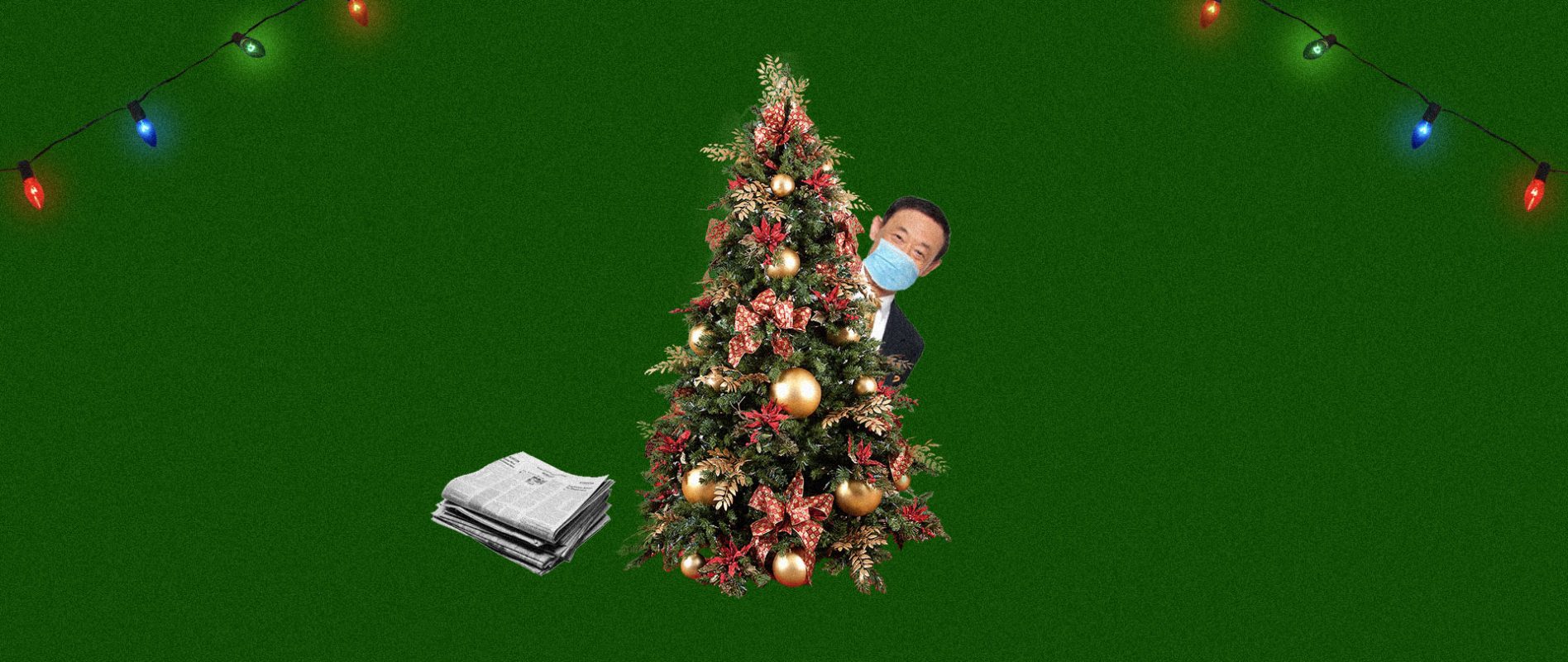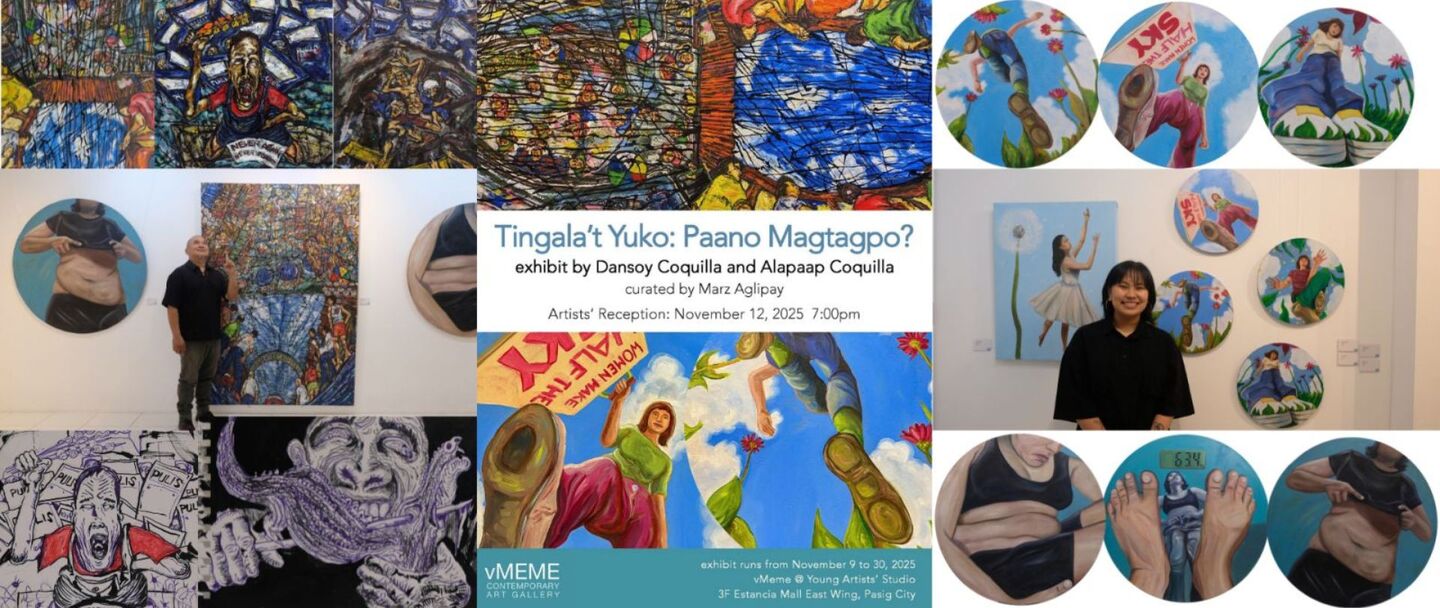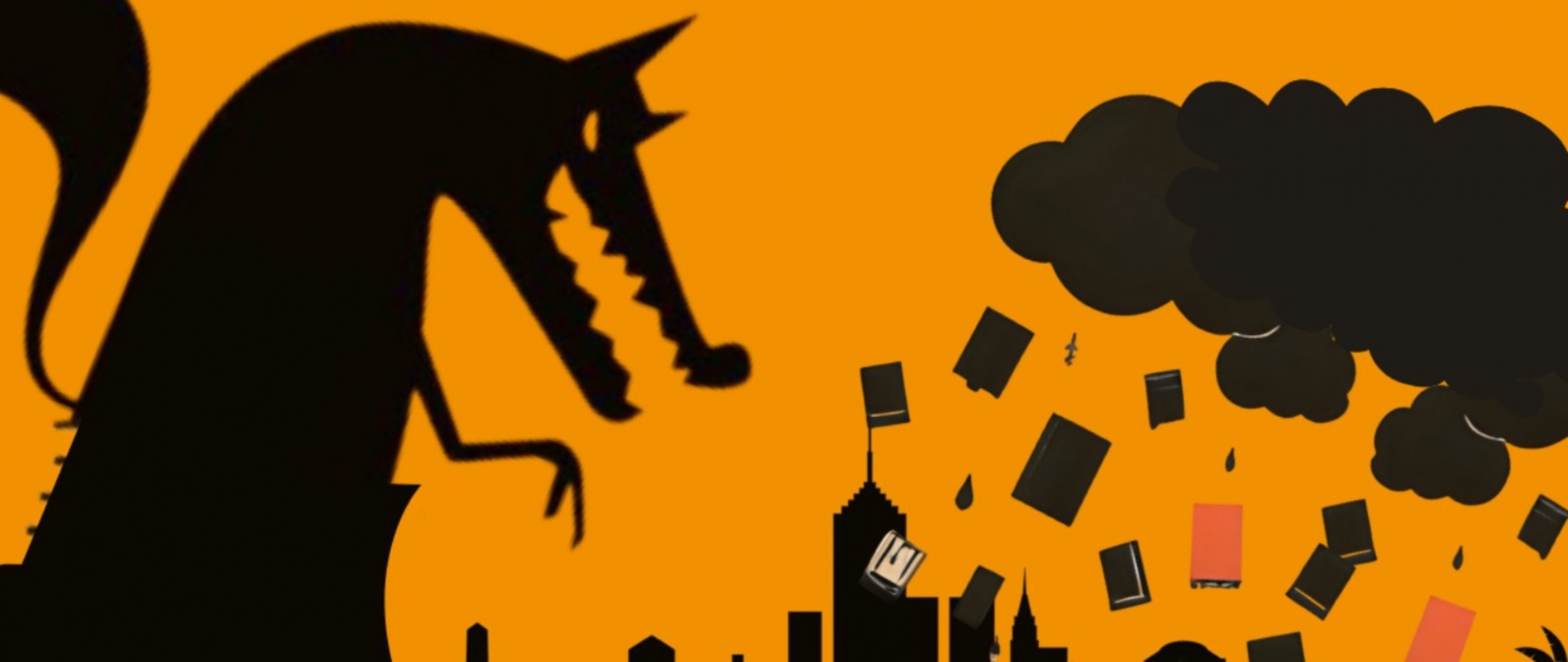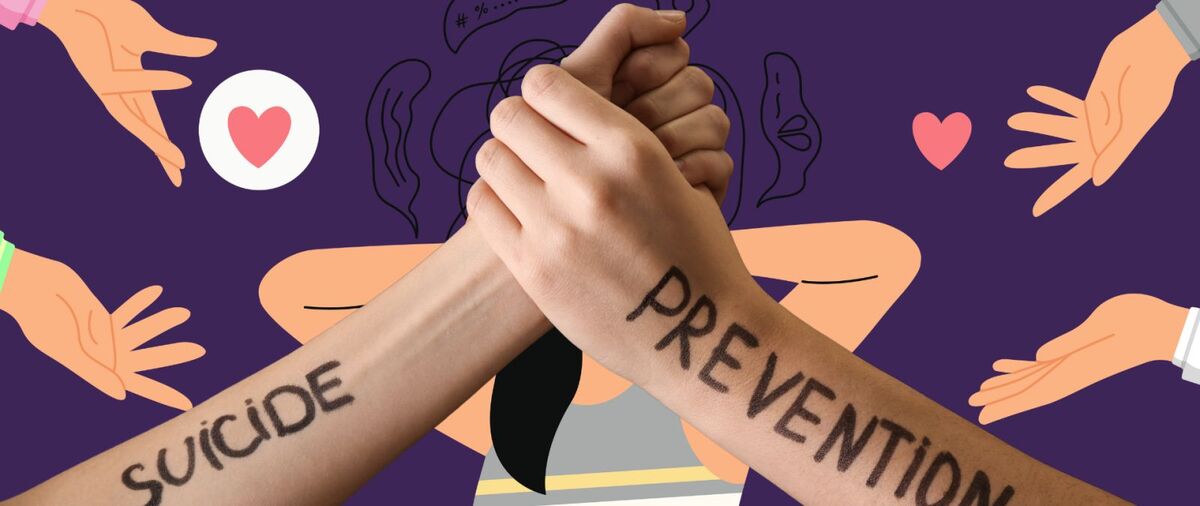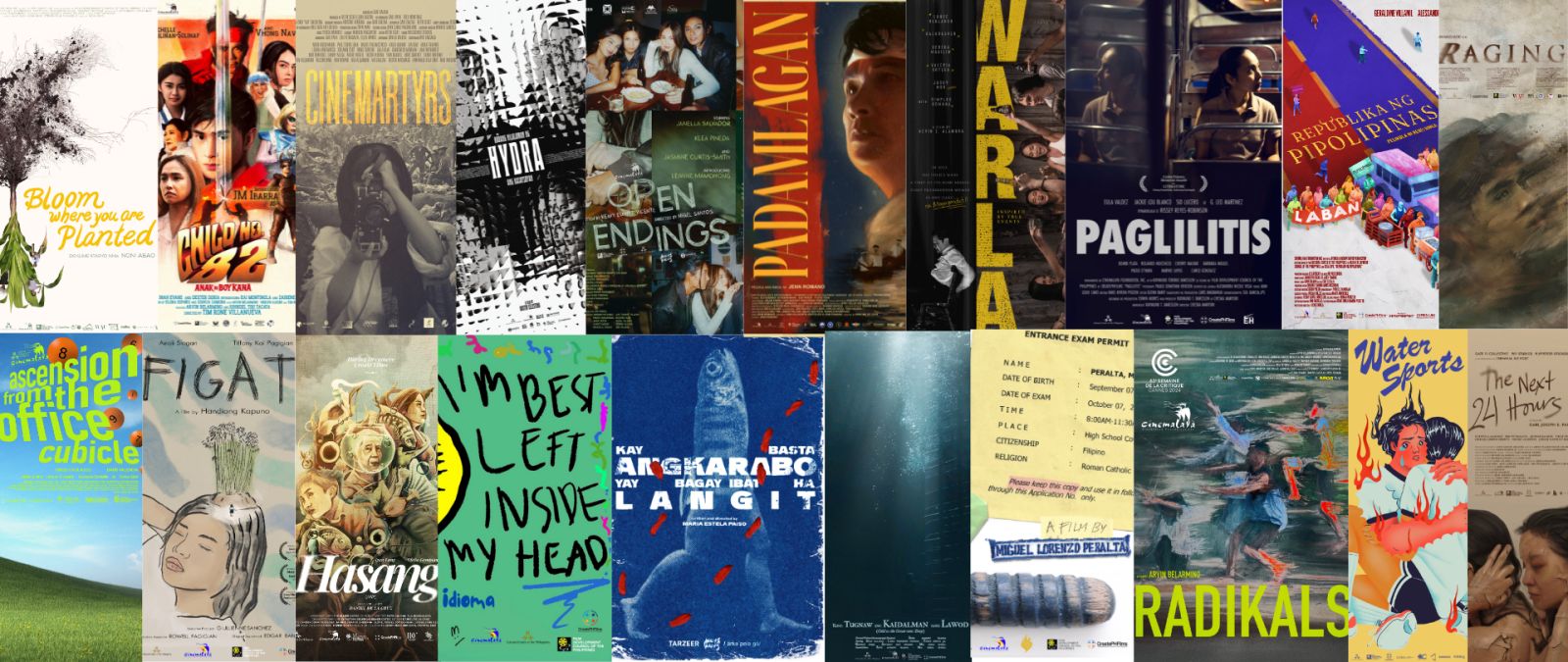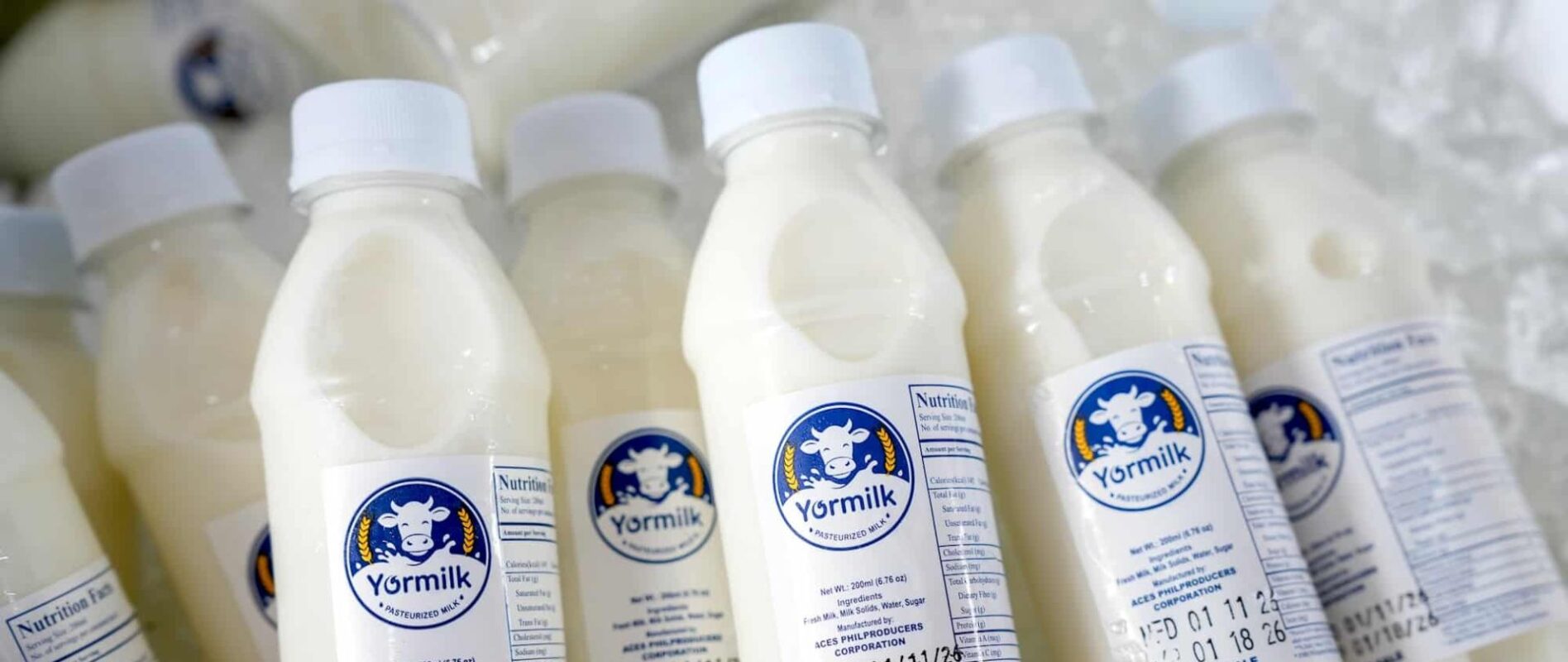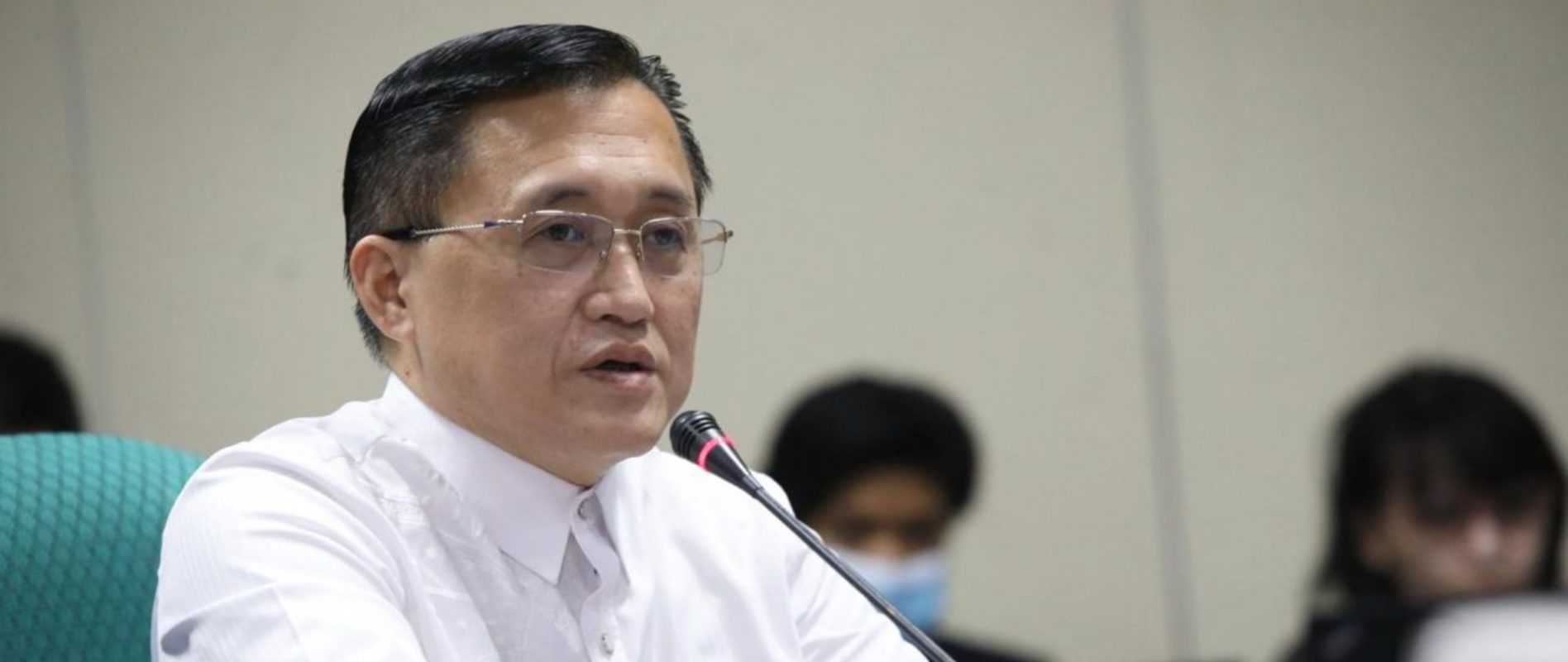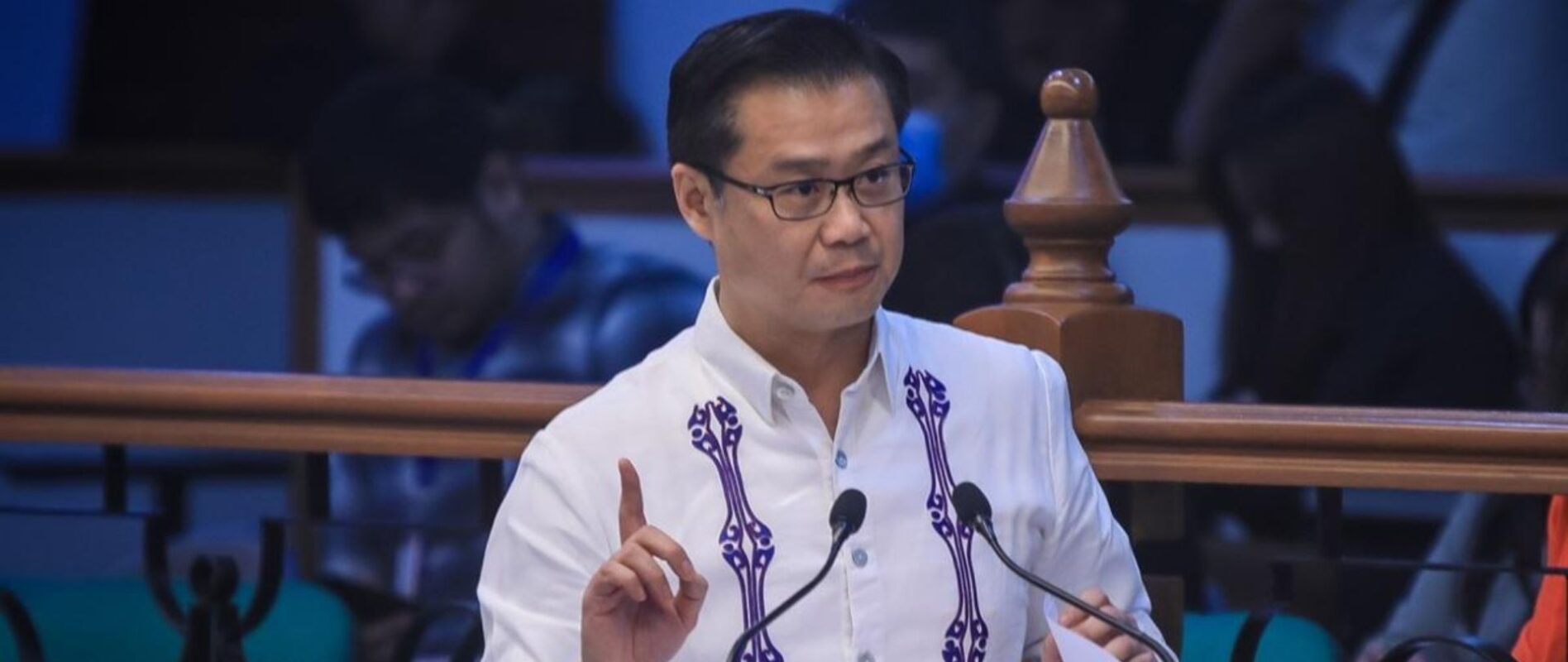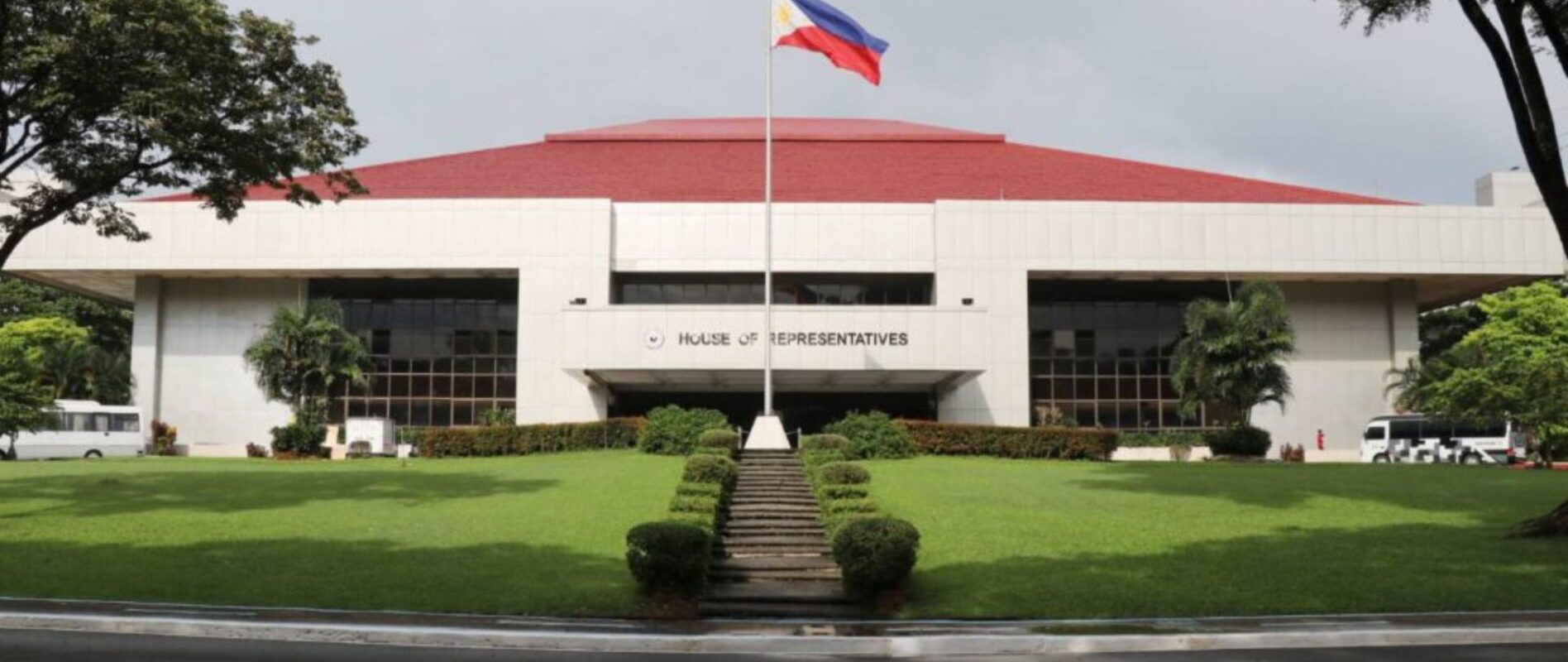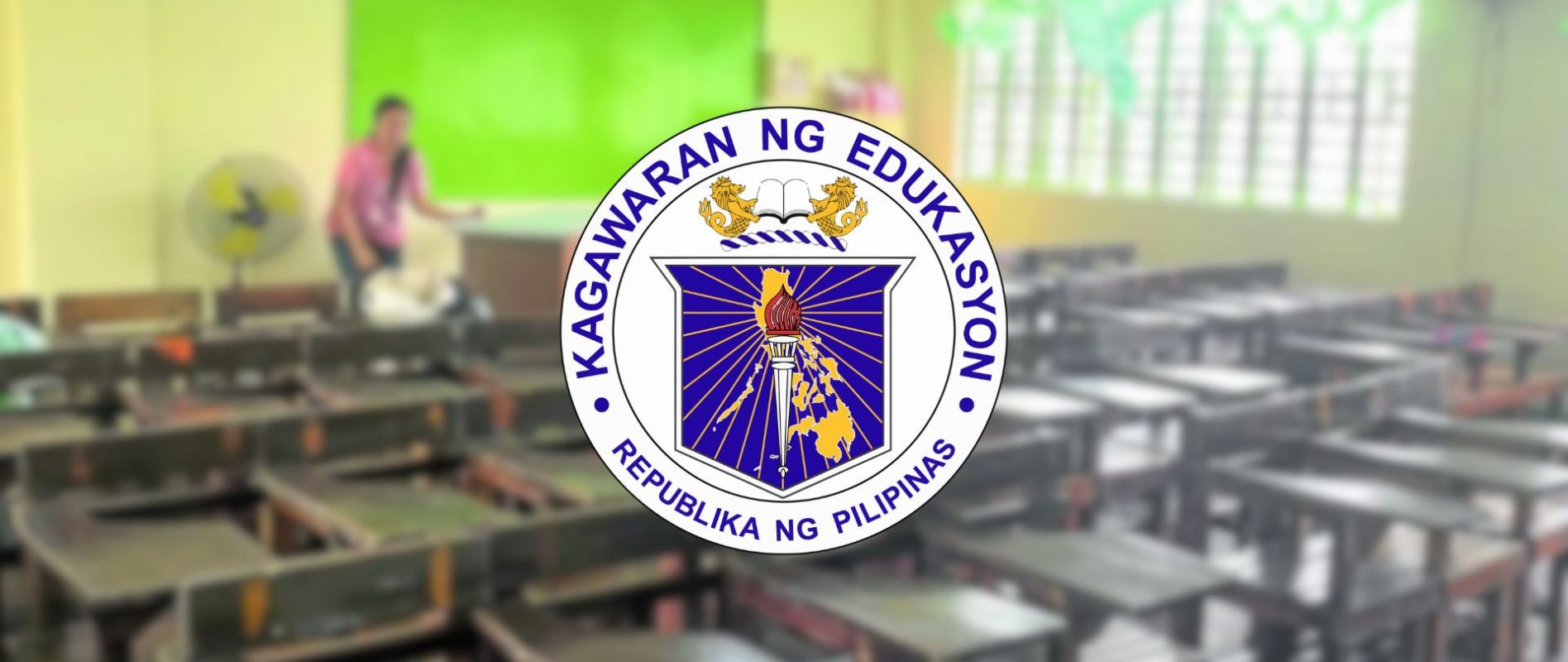HERE’S TO THE -BER MONTHS—AND EVERYTHING THAT TELLS US HOW DIFFERENT THIS YEAR IS TO THE LAST
Well, what do you know? We have officially reached the -Ber months, and you guys know what that means... virtually nothing in this pandemic.
Oh, September. The month that officially marks the start of the Christmas season in the Philippines. The weather gets cool enough to brave wearing sweaters under the sun, social gatherings and parties for Halloween and Christmas are starting to be planned, and malls are fully capitalizing on the holiday mood with songs and sales every other weekend. But this year, it’s worth looking at the significance of it all, next to a global health and economic crisis.
The COVID-19 situation has left the world in shambles, to say the least. In the Philippines, this is taken one step further as we hold the longest lockdown in Southeast Asia with no signs of the curve flattening any time soon. Schools are practicing online classes for this academic year, most offices are implementing work-from-home, malls are enforcing safety protocols and contact tracing, and travel, especially by public transportation, is still very much limited.
All this, on top of the arrival of the last four months of the year, have allowed us to see all of the things that the Coronavirus has thrown off balance as it strips us of everything we are so used to doing around this time. As the government still invokes strict social distancing regulations to prevent the further spread of the virus, it’s expected that traditional practices during Undas, or the commemoration of All Saints’ Day and All Souls’ Day, won’t be possible this year. Especially since a big part of these practices involve millions of families visiting the cemeteries at the same time.
The future is unknown, but with the rate things are going, it’s expected that even Christmas will be different this year, unfortunately, very much contrary to President Duterte’s hopeful wishes a few weeks ago. Whether the lockdown has been completely lifted by that time or not, it’s very probable that people will still feel fearful of crowds and public spaces to celebrate the holidays like we’re used to—no matter how big of a no that is for Christmas parties with families, friends, offices, classmates, and the like.
But then again, in light of the current political and social climate across the country, it’s understandable if these holidays and practices won’t hold the same sentimental value and cultural significance as it did in previous years. At least, not for this year when a holiday is just another day off work and more time to ponder about everything happening across the country.
It’s a bit ironic how the pandemic has both pushed us to reflect and appreciate the comforts of our traditions and routines, yet also allow us to see its mundanity when we take out its social constructs and community gatherings. Of course, we’re all yearning for a sense of normalcy to return, and for the universe to finally deem it “safe” to be with friends and family, but it’s also important to put national health and welfare before all this, even if it means sacrificing a bit of bonding time.
Sad to admit, but the Coronavirus has done a very effective job at shaking up how we do things in the world, temporarily disabling practices that have been part of our lives since the beginning. Hopefully, while we have all the time to consider its implications to societies all over the planet, we earn a deeper sense of what it means to be a human being, and be a part of a community. Then, maybe next time when everything is “back to normal,” whatever that may mean now, we’ll have a deeper appreciation for each other, and the traditions and holidays we subject ourselves to each year.

